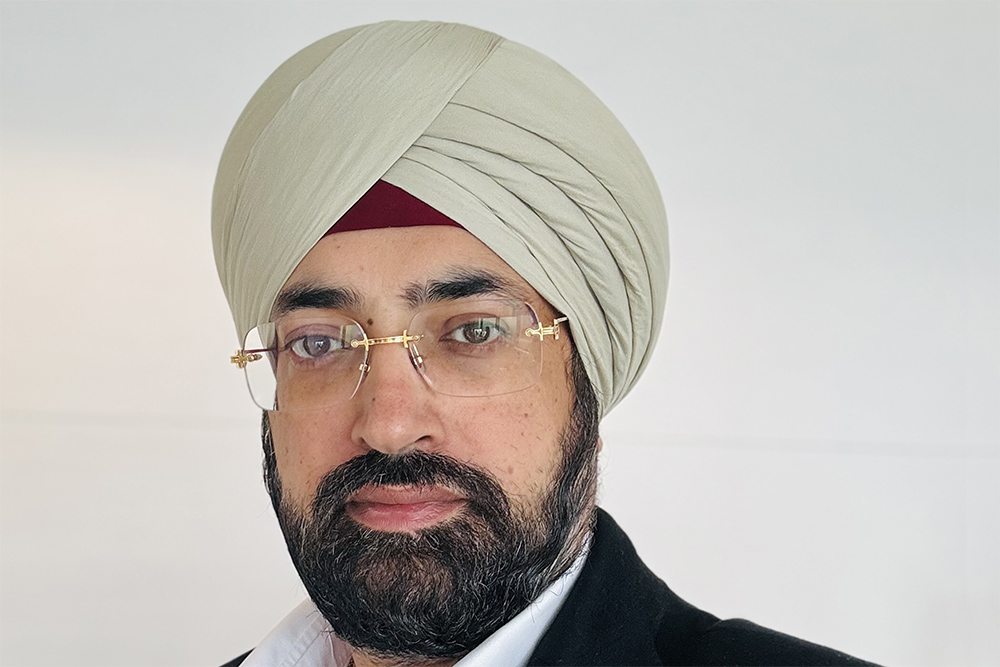During a recent ET Edge Insights session, Kumar Rajagopalan, the Country Head of DISYS, explored the significance of spirituality in the business world, posing the question of whether it is a passing trend or a profound practice that empowers individuals on a deeper level.
Traditionally, business success was measured solely by profits. However, Kumar highlighted a significant shift in this mindset. Businesses no longer solely focus on maximising profits; they are now seeking a balanced approach. This approach involves optimizing resources while also emphasizing their role in society. Business leaders, from CEOs to stakeholders, are recognizing that profit, while important, is only part of the equation. The overarching purpose of a business is shifting from wealth creation to making a positive contribution to society. This shift marks the emergence of spiritual entrepreneurship.
Spiritual entrepreneurship, according to Kumar, transcends passing trends. It embodies values, ethics, and a profound sense of societal responsibility. This shift is not temporary; it represents a profound transformation in the business world.
Kumar described how spirituality intersects with entrepreneurship through the identification of a clear and meaningful purpose. When everyone within an organization aligns with and actively works toward a common purpose, a powerful synergy emerges. It fosters a sense of ownership and commitment. In this context, spirituality involves connecting personal aspirations with organisational goals, all in pursuit of a broader societal purpose.
Kumar illustrated these concepts with real-world examples. He mentioned Ray Dalio’s Bridgewater Associates, which prioritizes principles and shared values. Tony Hsieh, the former CEO of Zappos, focused on customer happiness above profits. In India, a shining example is ITC. Over a century, the company transformed from a tobacco-centred enterprise into one deeply committed to society, supporting millions of farmers. Their unwavering sense of purpose was the secret to their success.
The world is changing, and businesses need to change too. Companies with a clear purpose do not just get more thoughtful customers, they also get dedicated employees who want to be part of something bigger. This idea is becoming more popular as more businesses see how much good they can do for society.
Kumar’s personal journey towards spiritual entrepreneurship was deeply influenced by his upbringing in a family with strong spiritual values and his early education at Ramakrishna Mission. He emphasized the importance of instilling moral and spiritual values in young minds, moving beyond academics to provide holistic education that lays the foundation for a purposeful future.
In conclusion, the shift towards spiritual entrepreneurship is not a passing trend but a fundamental change in how businesses operate. It is about finding a purpose that benefits society, not just generating profits. For a deeper understanding of these ideas, watch the full interview with Kumar Rajagopalan.


